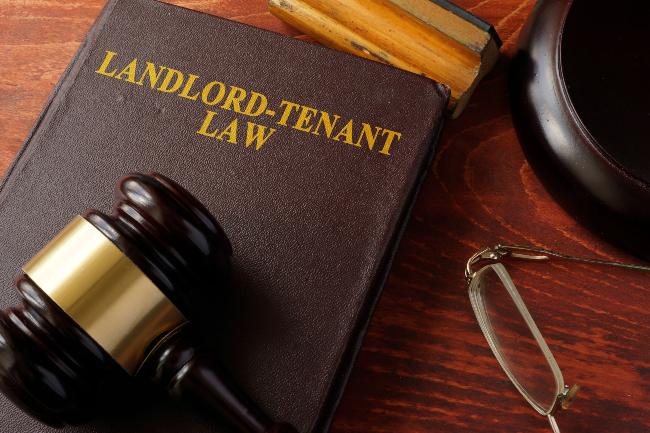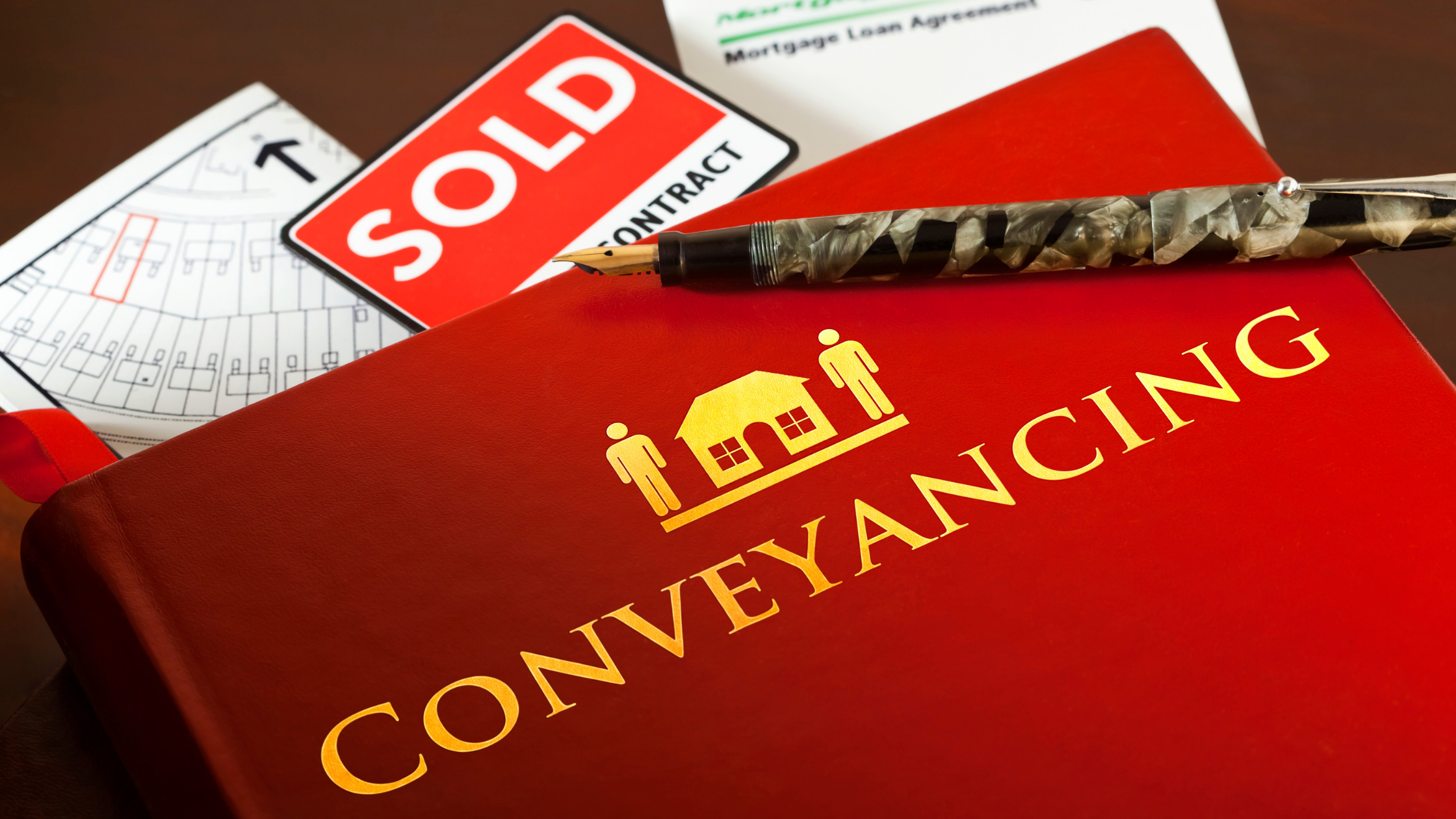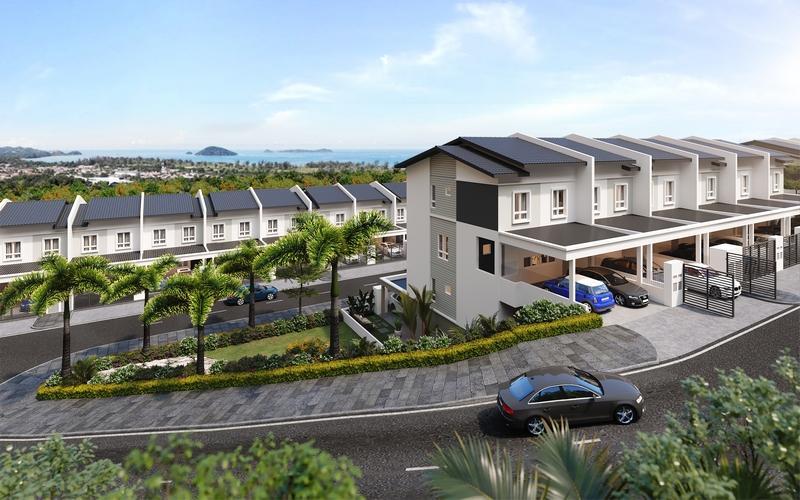When buying a home, your purpose—whether it's for investment or personal residence—significantly influences your decision-making process. Here’s a look at the key factors that differ between buying a home for investment (buy and sell) and buying for your own stay:
1. Location
- Investment: Choose locations with high potential for appreciation. Look for areas with upcoming developments, good infrastructure, and high demand. For example, properties near business districts, universities, or public transport hubs.
- Own Stay: Prioritize personal convenience and lifestyle preferences. Consider proximity to your workplace, good schools, family, and amenities that suit your daily needs.
2. Property Type and Size
- Investment: Focus on properties that are popular among renters or buyers, such as apartments or condos in urban areas. Smaller units (e.g., 1-2 bedrooms) might be easier to rent or sell.
- Own Stay: Choose a property that fits your lifestyle and future plans. For instance, a larger home with multiple bedrooms and a backyard might be ideal if you’re planning to start or expand your family.
3. Budget and Financing
- Investment: Aim for a property that offers good rental yields or potential capital gains. Be mindful of your budget and financing options to ensure profitability. Leverage financing options that maximize returns.
- Own Stay: Determine a comfortable budget considering your long-term financial stability. Opt for financing options with manageable monthly payments to ensure you can sustain the mortgage over the long term.
4. Market Trends and Economic Factors
- Investment: Stay informed about market trends and economic factors that influence property values. Monitor supply and demand dynamics, interest rates, and government policies affecting real estate.
- Own Stay: While market trends are still important, your primary focus should be on securing a stable and comfortable living environment rather than timing the market for price gains.
5. Return on Investment (ROI)
- Investment: Calculate potential ROI through rental income and capital appreciation. Ensure the property can generate positive cash flow or significant value increase over time.
- Own Stay: ROI is less of a priority. Focus on long-term comfort, stability, and the personal value the home brings to you and your family.
6. Maintenance and Management
- Investment: Consider properties that require minimal maintenance or those where maintenance can be easily outsourced. Factor in the cost of property management services if you plan to rent out the property.
- Own Stay: Ensure the property is in good condition and meets your standards for comfort and safety. Be prepared to handle maintenance tasks yourself or manage them closely.
7. Resale Potential
- Investment: High resale potential is crucial. Opt for properties in high-demand areas with strong growth prospects. Unique features or prime locations can enhance resale value.
- Own Stay: While resale potential is still relevant, it’s secondary to finding a home that meets your long-term personal needs and preferences.
8. Emotional Factors
- Investment: Decision-making should be driven by data and profitability rather than personal emotions. Focus on objective criteria like market trends and financial metrics.
- Own Stay: Personal attachment and emotional satisfaction are important. Choose a home that feels right for you and your family, reflecting your tastes and lifestyle.
By understanding these differing factors, you can make a more informed decision whether you're buying a property as an investment or a place to call home.

.jpeg)








.jpg)


.jpeg)
